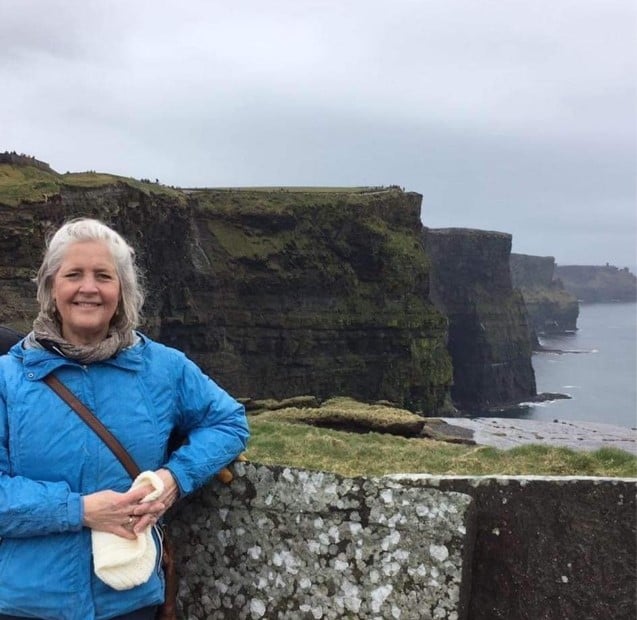Seeing animals in the wild is incredible, but helping to preserve natural ecosystems and support animal conservation is critical to ensuring a future for these majestic creatures. We caught up with Gina Dorey, one of Goway’s Destination Specialists, to get her expert advice on responsible safari travel.

What’s your favourite spot to view animals in the wild?
The Okavango region of Botswana, where humans are scarce and it’s easy to spot animals in their natural environment.
What’s a hidden gem?
In general, get off the main safari routes and head to more remote game parks. Botswana is one of the places in Africa that still feels completely wild.
What’s a great accommodation that promotes conservation and sustainability?
Mpingo Ridge Lodge in Tanzania, which has solar power and water filtration that allows them to work entirely off the grid and eliminate the use of single-use plastics.
What’s an essential safety tip?
Listen to your ranger when on game drives. They know the bush and are there to ensure the safety of you and the animals you encounter.
How can travellers minimize their environmental impact?
Stay at safari properties that recruit locally, have a large percentage of managers from local communities, source local food, and use no single-use plastics.
Are there any seasonal considerations to keep in mind when booking a safari?
The safari high season coincides with North American holidays so there are significant benefits to booking in the shoulder or low season. If you’re a birder, or really want to see the Great Migration, your Destination Specialist can arrange for you to travel during the optimal time to experience migrations.
What measures are in place to protect animals?
Reputable companies focus on educating guests to understand that wild animals need and deserve their own personal space to thrive. Responsible lodges train and empower their guides to never crowd wild animals, restrict visitor numbers, and work with authorities to combat poaching.
How can travellers actively contribute to animal conservation during their trips?
Travellers can actively contribute to animal conservation by making thoughtful choices before and during their trips. This includes supporting verified ethical wildlife experiences that prioritise observation over interaction, avoiding any activities that involve feeding, riding, or touching wild animals, and choosing tour operators and accommodations that uphold strong animal welfare policies. Travellers can also help by visiting sanctuaries or rehabilitation centres that operate transparently and put animal welfare first, purchasing only local and sustainable products (never wildlife souvenirs), reducing their environmental footprint, and using their voices to advocate for responsible tourism practices that protect habitats and species.
You might say that Aren was destined to become a globetrotter after his family took him to Germany two times before he was four. If that wasn’t enough, a term spent in Sweden as a young teenager and a trek across Vietnam, Cambodia, and Thailand confirmed that destiny. An independent writer, director, and film critic, Aren has travelled across Africa, Asia, Central America, Europe, the Middle East, and South America. His favourite travel experience was visiting the major cities of Japan’s largest island, Honshu, but his love for food, drink, and film will take him anywhere that boasts great art and culture.
Get Inspired
Inspire your wanderlust with our globetrotting tales.
Unlock more by subscribing to our newsletter
With our newsletter, you’ll get access to regular communications that inspire you and help you explore the world your way

